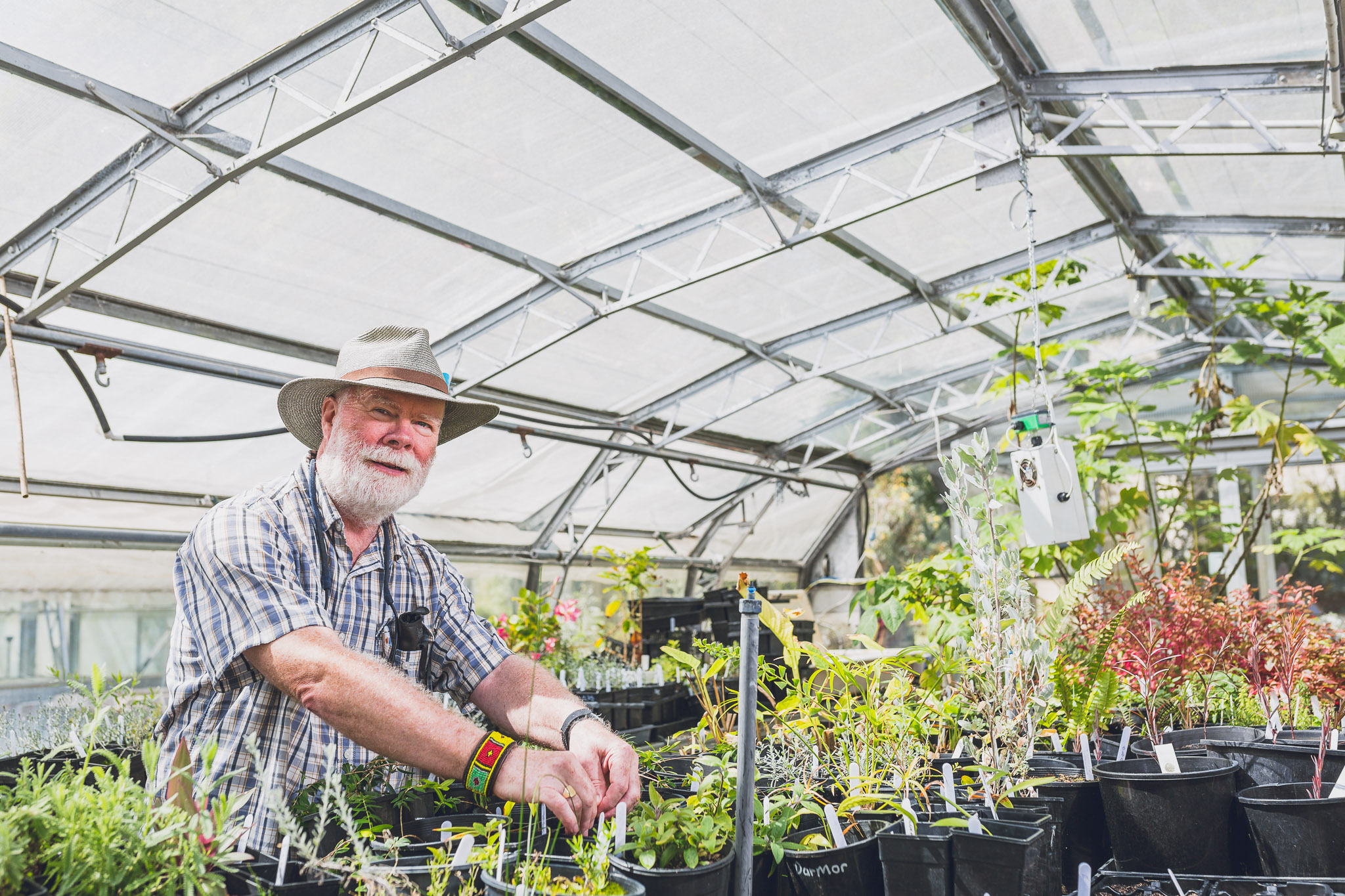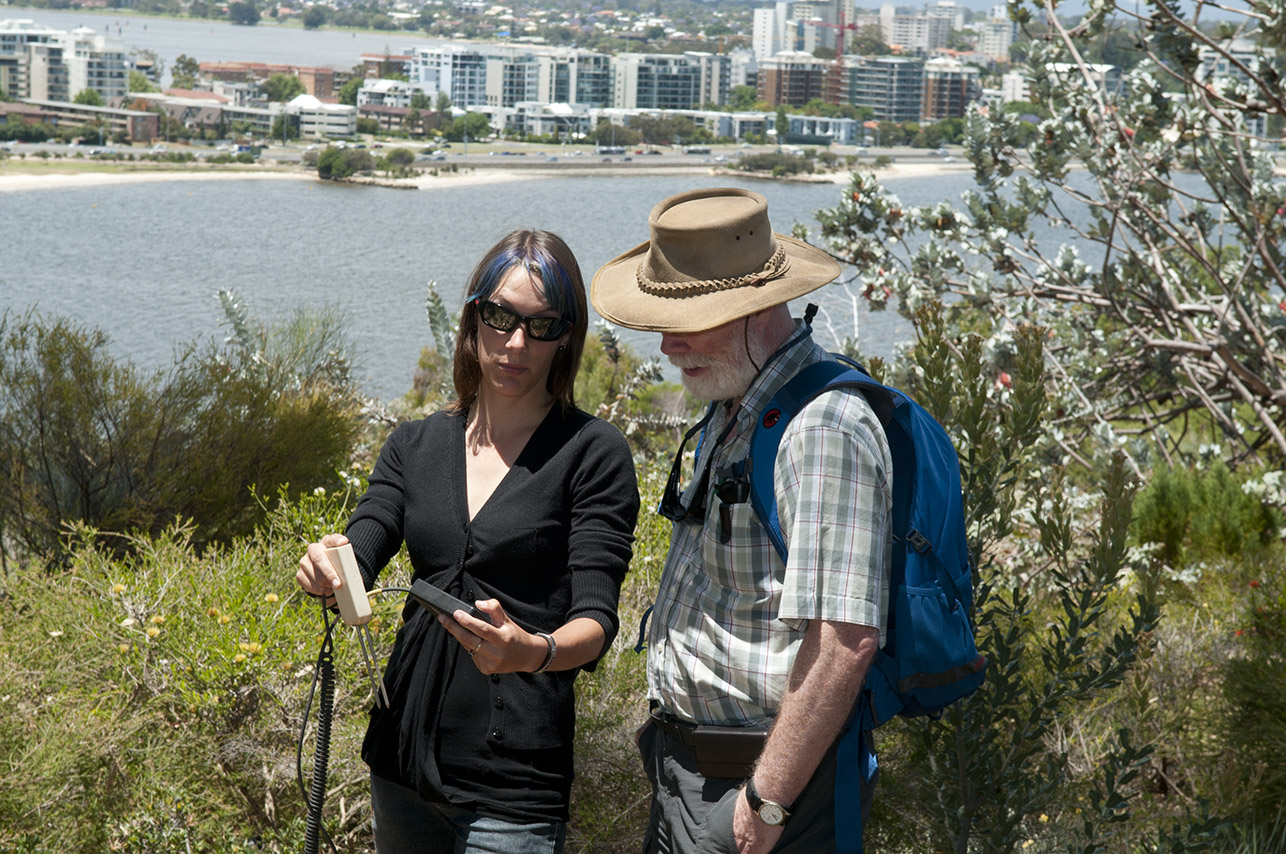Restoring Ecosystems

Sponsored by

Sponsored by

Restoring nature in a changing world.
Internationally recognised ecologist, Professor Richard Hobbs is finding new ways to restore ecosystems in a rapidly changing world.
Professor Richard Hobbs’ career in ecology research was unintentional. His dream was to be an airline pilot, but the warnings of an American biologist Paul Ehrlich convinced him to change his mind. “I heard him on the TV talking about saving the planet, and that sounded like a neat thing to do, so I thought I’d try that out - the rest is history,”he laughs. And that history he is referring to includes authoring more than 400 scientific publications, completing a post doctorate at Stanford University, winning the Ecological Society of Australia Gold Medal, and most recently, being awarded an Honorary Membership to the prestigious Ecological Society of America for his exceptional contribution to the field.
While his research has earned him an impressive share of awards and prestige, he is not one to shy away from work at a grassroots level. Currently leading the Ecosystem Restoration & Intervention Ecology (ERIE) Group at The University of Western Australia’s School of Plant Biology, Professor Hobbs is focusing on setting and achieving realistic restoration goals for former agricultural land, mining sites and urbanised areas.

A full circle of collaboration
As head of the ERIE Group, he is also involved in the The Ridgefield Tree Experiment, which will examine how different tree species perform in the face of ongoing environmental change. With a proposed lifespan of 50 years across 21 hectares, the project is a masterwork of collaboration – a quality that Professor Hobbs finds essential to a career in ecology. “There are so many facets to the work I do that no one person can do it alone. You need to have collaborators”. Due to the nature of his research, Professor Hobbs has had the chance to collaborate with some of the finest. “I’m lucky to be able to collaborate with people at UWA, at other universities in WA and around the world. In fact, Paul Ehrlich who inspired me all those years ago is now someone I interact with on a regular basis.”
A biological frontier
In a career that’s taken him around the globe, Professor Hobbs maintains that his present home holds endless potential for those in the fields of ecology and biology. “Western Australia, in particular the south west, is one of the most bio-diverse parts on the planet. There’s more species of plants and animals here than many other parts of the world and there’s also many threats to them like climate change and fire regimes. As an ecologist it’s a fascinating place to be.”